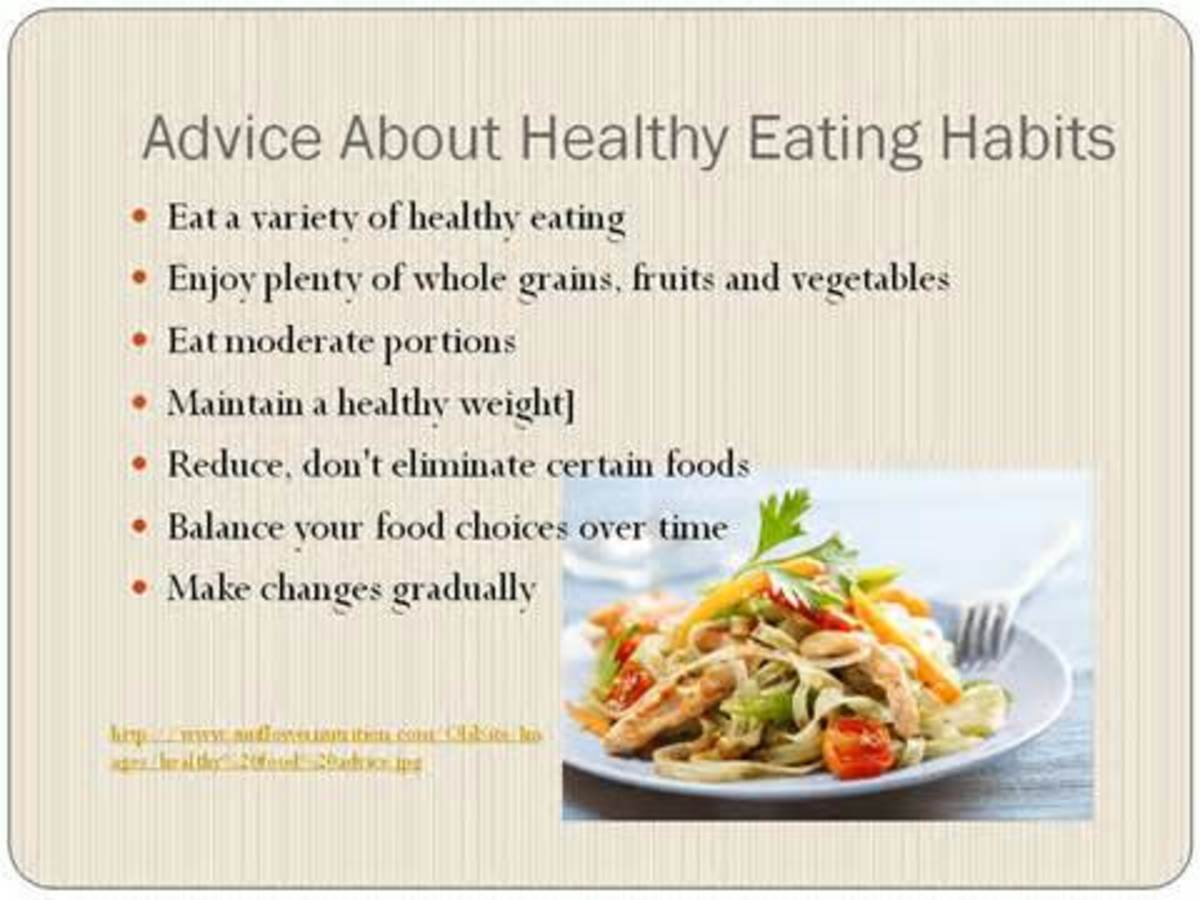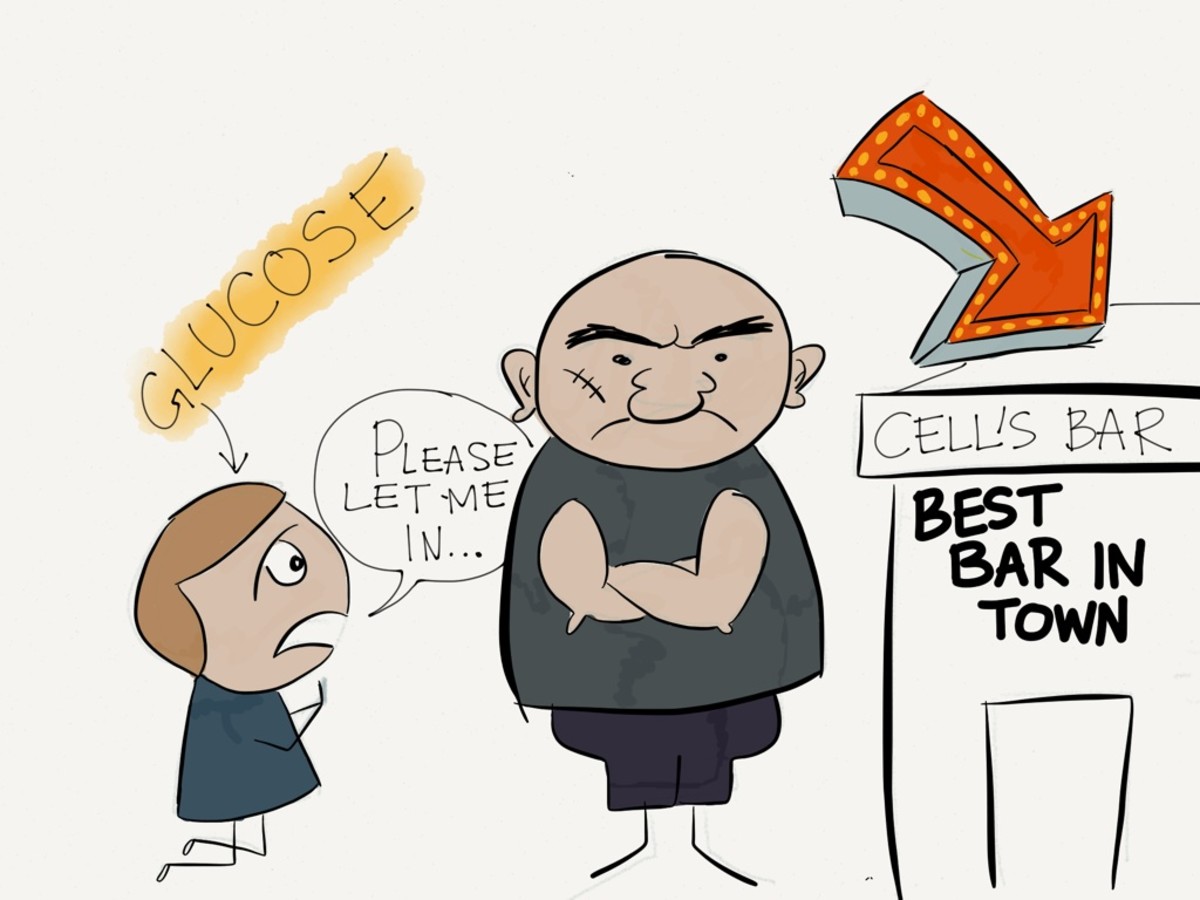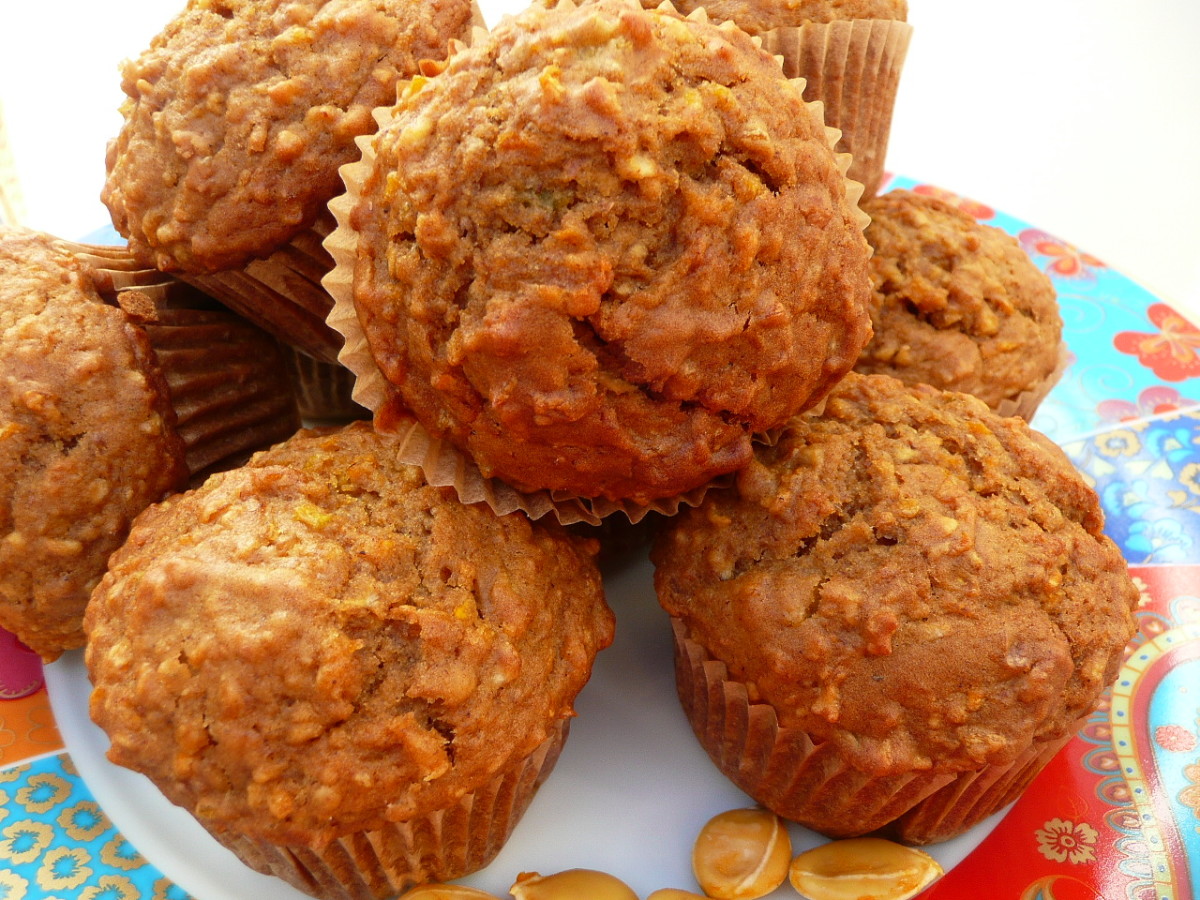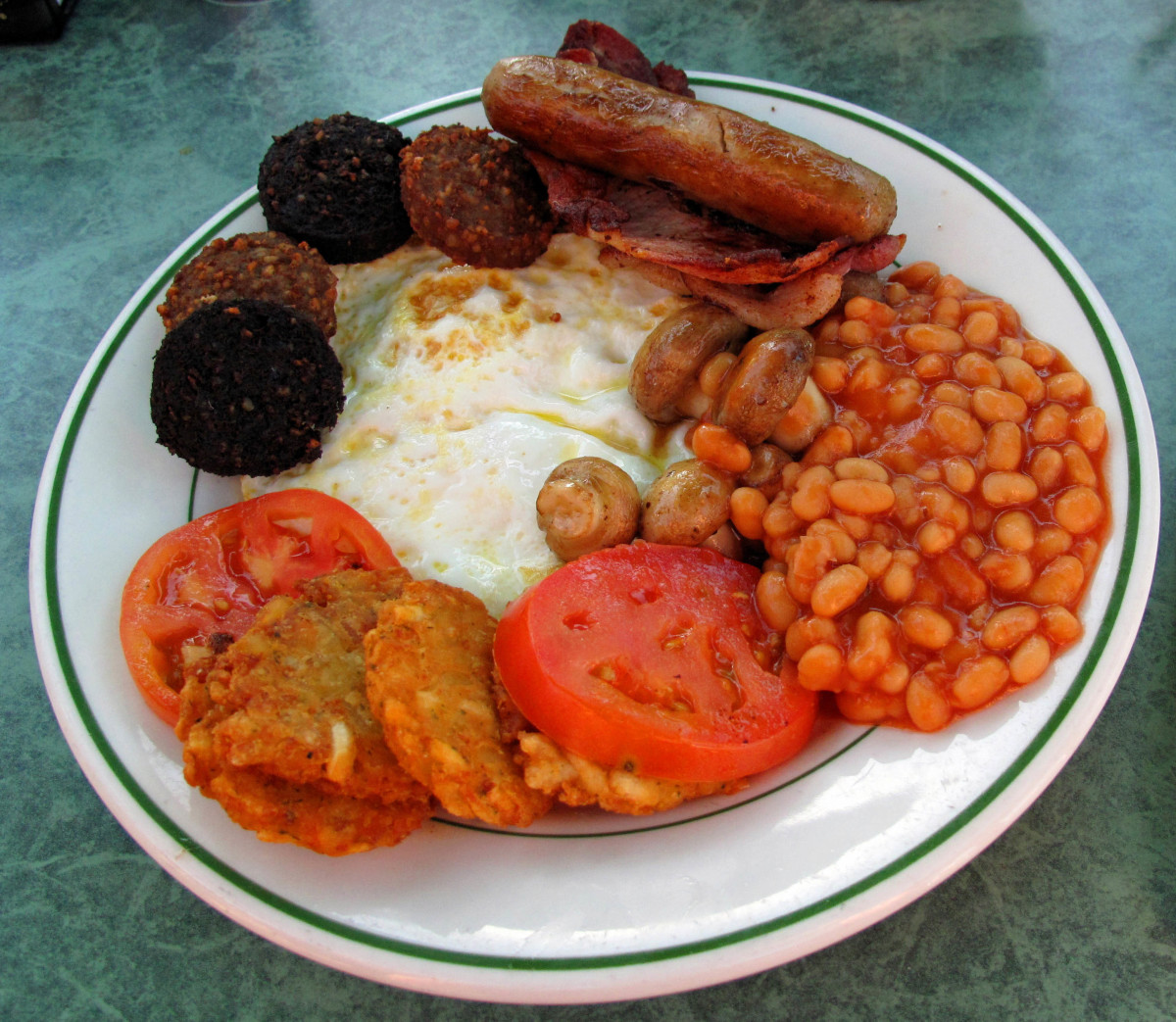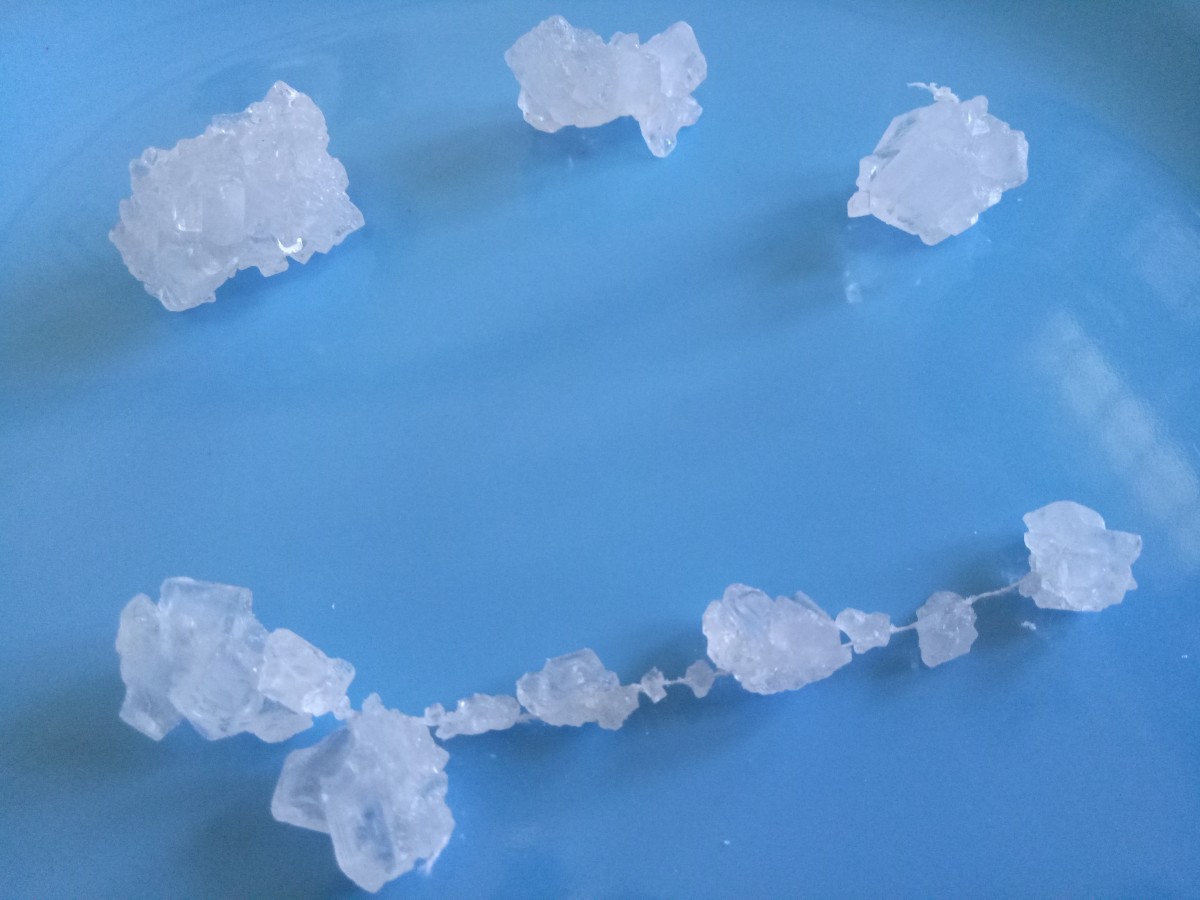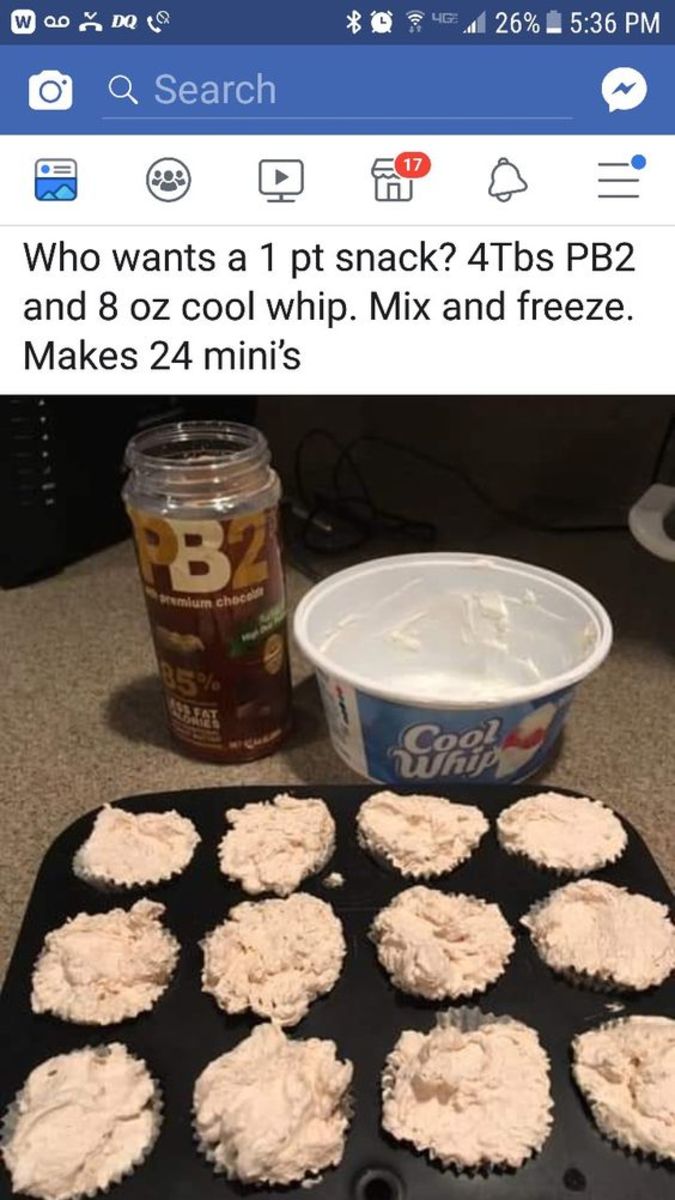Why Sugar is Bad for You
It will probably come as no real surprise to learn that eating a lot of refined, white sugar is bad for you. You are probably already aware that enough scientific studying has been done on this particular food product over the last several decades to fill an entire library with data on the subject. What you’re probably not aware of is the sheer scale of the widespread use of refined white sugar in all kinds of foods. Some of them may not be so surprising, bit others will shock you! So while you probably already know that eating too much refined sugar is bad for you, you need to be aware of what foods it lies hidden in.
To really give you something you are unlikely to want to hear, if you want to make an improvement to your health and also lose weight as well as avoiding the possibility of contracting type II diabetes, your intake of refined white sugar will have to be drastically cut down. This hub page takes a close look at some of the reasons and asks the question: "Why is sugar is bad for you?" And why you really do need to cut the level of your intake of this product right down to size.
What Exactly is Sugar?
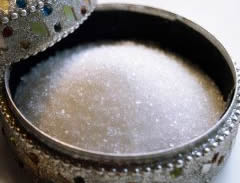
The well known, granulated white sugar that just about every one of us has in our kitchens comes mainly from sugar cane or to a lesser extent sugar beet. In its raw state, cane sugar is a dark coloured, thick syrup better known as black molasses. It is this syrup which is refined to produce the clean looking granulated form we all know but along the way, all of the original goodness, the nutrients contained in its original form are removed in the refining process. This leaves a handy product that is very sweet to the taste but is devoid of any goodness whatsoever.
As someone who wants to improve their health, or maybe lose some weight, there are two main varieties of sugar that you should be aware of. They are:
- Intrinsic Sugars
- Extrinsic Sugars
Intrinsic Sugars are those sugars that occur naturally in fruits and vegetables and are called intrinsic because they reside within the cell structures themselves. The good news is that you do not need to cut back on these sugars if you want to lose weight or get healthy because they’re natural. They also come with a variety of wholesome vitamins and minerals plus dietary fibre which are all essential to the body’s normal functioning. Simply put, these are good sugars to include in your diet.
Extrinsic sugars are those sugars not contained within the cell structures of the above mentioned natural foods. Instead they themselves fall into two main groups. These are:
- Milk Extrinsic Sugars: these occur naturally in milk products
- Non Milk Extrinsic Sugars (NME): these are added to foods
NME sugars are added to foods for a variety of reasons, but are mainly added to sweeten them, to increase their bulk or to preserve them. From a health and weight loss viewpoint, it is these NME sugars which should be avoided. The reason is they contain no useful nutrients for the body, so are metabolized and stored as fat. The problem for dieters when this happens is the body never gets to use its stored up fat because we never get hungry, so it just keeps piling it on.
That’s the main reason you gain weight when you eat large amounts of NME sugars. However, if you cut down hard on these sugars and exercise regularly, your body will have no choice but to use up the stored fat and then you will start to lose weight.
Negative Health Aspects of Consuming Refined Sugar
What are the negative health aspects of eating refined sugar and why you should avoid sugar for better health?
Sucrose in its refined form, when consumed is broken down by the body into glucose and other simpler sugars that are used by the body for producing energy. When this is done in small quantities, there is no real problem, but when sucrose is taken in and broken down into large amounts of simpler sugars, the blood gets a rush of these sugars which causes an imbalance in blood sugar levels.
As a general rule of thumb, the more refined the sugar you eat is, the more likely your body will react negatively way to it. In this sense, blood sugar levels are constantly rising and falling sharply when you ingest too great a volume of NME sugars. This is countered to some extent by the body’s own regulatory system in the form of insulin. Insulin is a hormone manufactured by the islets of Langerhans within the pancreas. Its main job is to regulate blood sugar levels. So when those levels get too high too quickly, insulin is released in large quantities to break those sugars down fast and return the blood sugar levels to equilibrium.
What happens is that you get a fast rush of energy from the sugar as it’s processed and released into the bloodstream. This is rapidly followed by a rapid drop in energy as the insulin does its work. You then eat more food or drink more liquids that contain high levels of NME sugars and the process begins again.
What this does is put a terrible strain on your pancreas in the constant creation and release of insulin. Eventually, the strain becomes too much and insulin production becomes erratic, meaning that blood sugar levels can no longer be effectively regulated. This leads to the onset of type II diabetes, which if not diagnosed and is allowed to degenerate further can lead to type I diabetes, which means having to manually injecting insulin to stay alive.
The Alternatives to Refined Sugar
Here is the big dilemma for those who want to enjoy good health and successful weight loss. The commonly used alternatives to refined sugar in processed foods and fruit drinks are artificial sweeteners, such as Saccharin, Aspartame or Sorbitol. These come with more health risks than the ones they are there to prevent and are a subject for a separate page all of their own.
Suffice it to say, all artificial sweeteners should be avoided if you want to be healthy. So should refined sugar, although a small amount daily will not harm you.
Other alternatives, if you need to eat something sweet are unrefined honey, some unrefined brown sugars (although many of these still contain a high level of sucrose) and raw, black molasses.
Unrefined honey contains many of the B vitamins and other nutrients and the sugars it contains are pre-digested into fructose and glucose which are more easily digested by our bodies and converted to instant energy. They are less likely to be stored as fat as long as the body is active.
Molasses are also packed with goodness in the form of vitamins and minerals which are all refined out when white granulated sugar is produced from this raw substance. While molasses is sweet to the taste, it also has a raw flavour that some people like and others don’t, so it’s a matter of personal preference whether you can use it as a substitute for refined sugar or not.
All in all, you should be very aware of what you are eating when it comes to refined sugars and other sweeteners, so read the labels of all foods carefully before buying. The best rule of all is to avoid as many processed pre-packaged foods as possible, as well as fizzy soda drinks and other flavoured juice concentrates and stick only to natural, fresh fruits and vegetables and fresh fruit juices with no added sugar and definitely no artificial sweeteners!
My Related Hub Pages
- Why White Bread is Bad for You
The whiter the bread, the quicker you’re dead! – old saying There is a little known fact that numerous scientific studies have proved time and time again that certain food items that are commonly... - Why Soda is Bad for You
While we all love to drink those fizzy, sugary, flavoured canned and bottled drinks to quench our thirst and give us an energy hit, there are many reasons why we shouldn't drink them at all. Od course, the...

